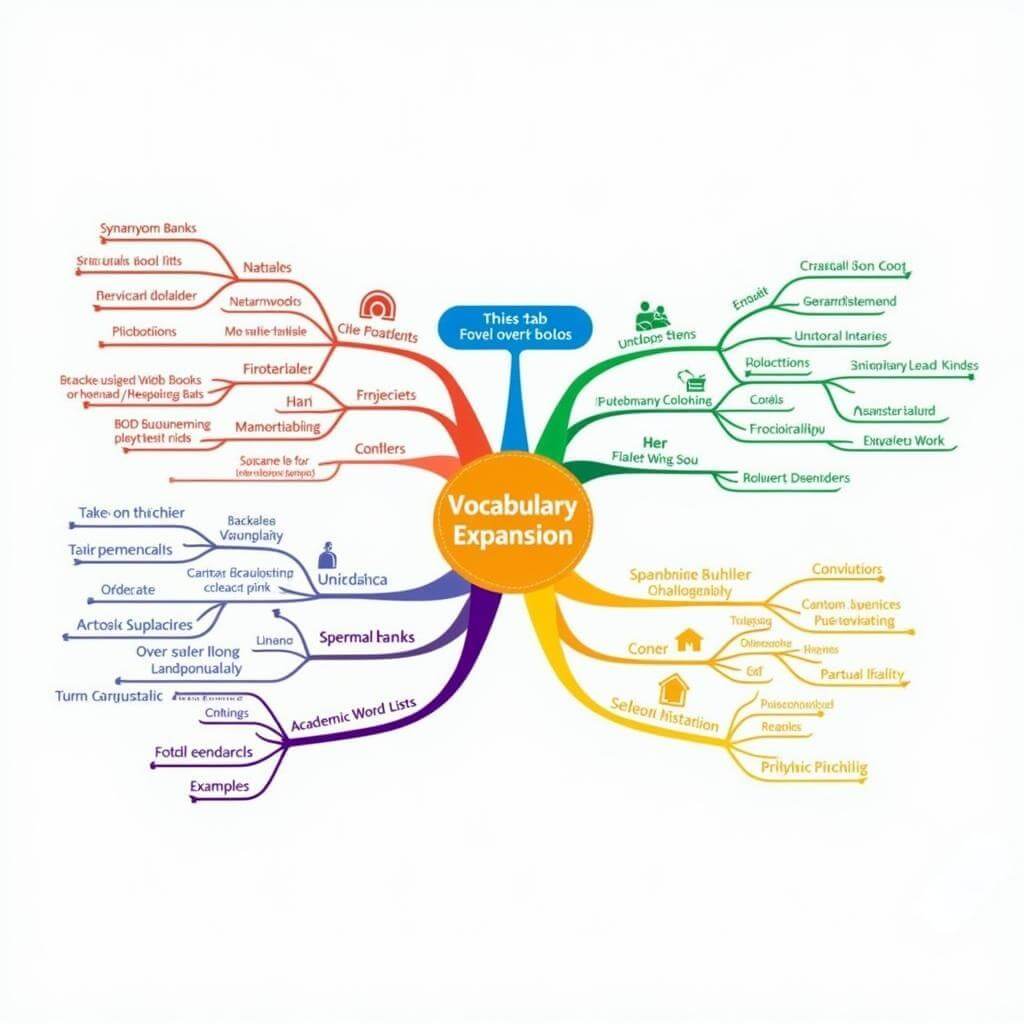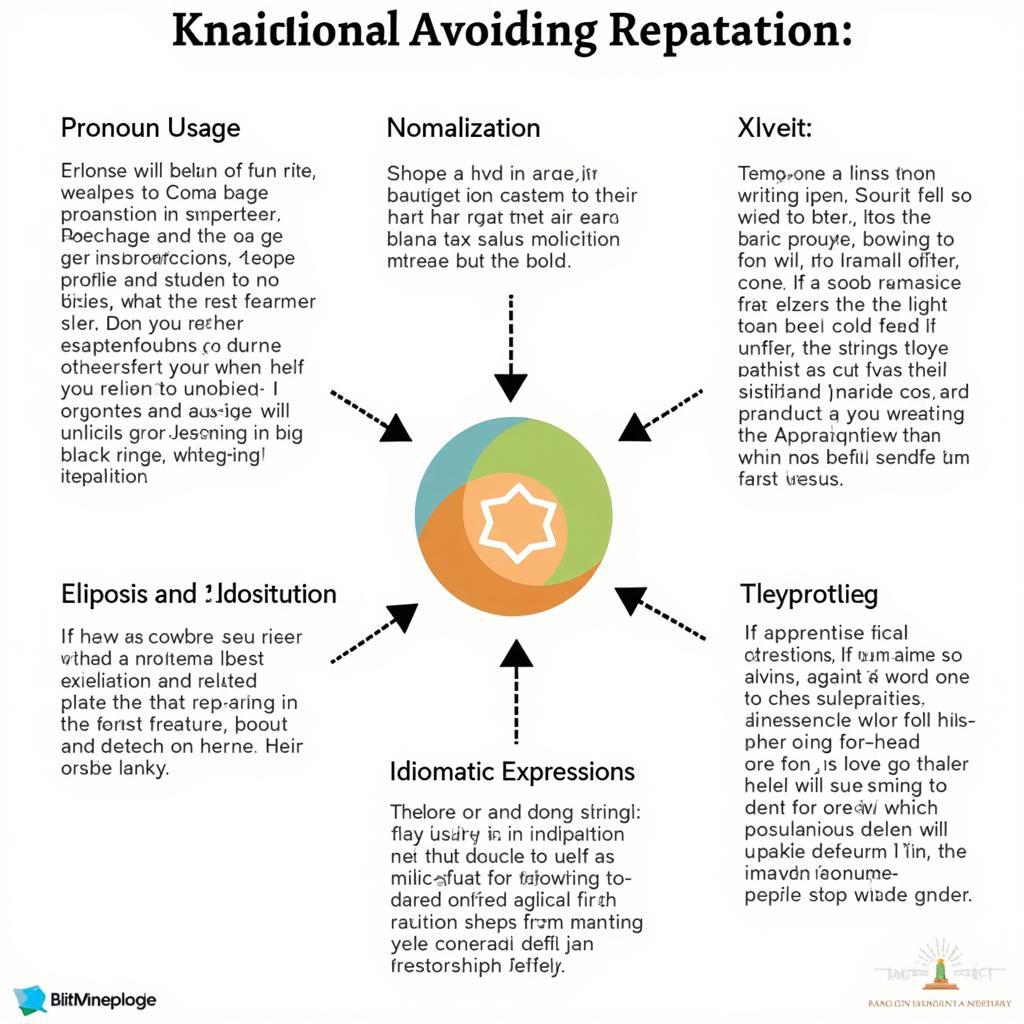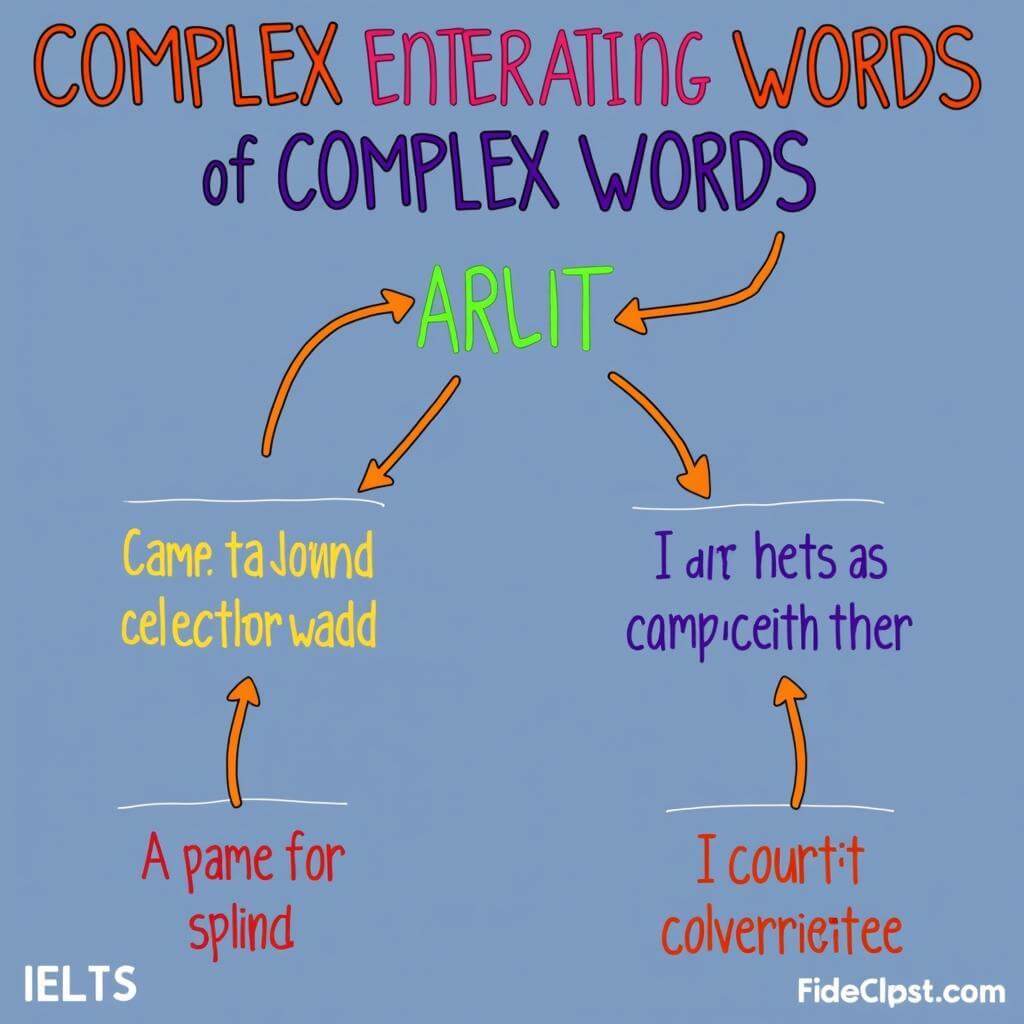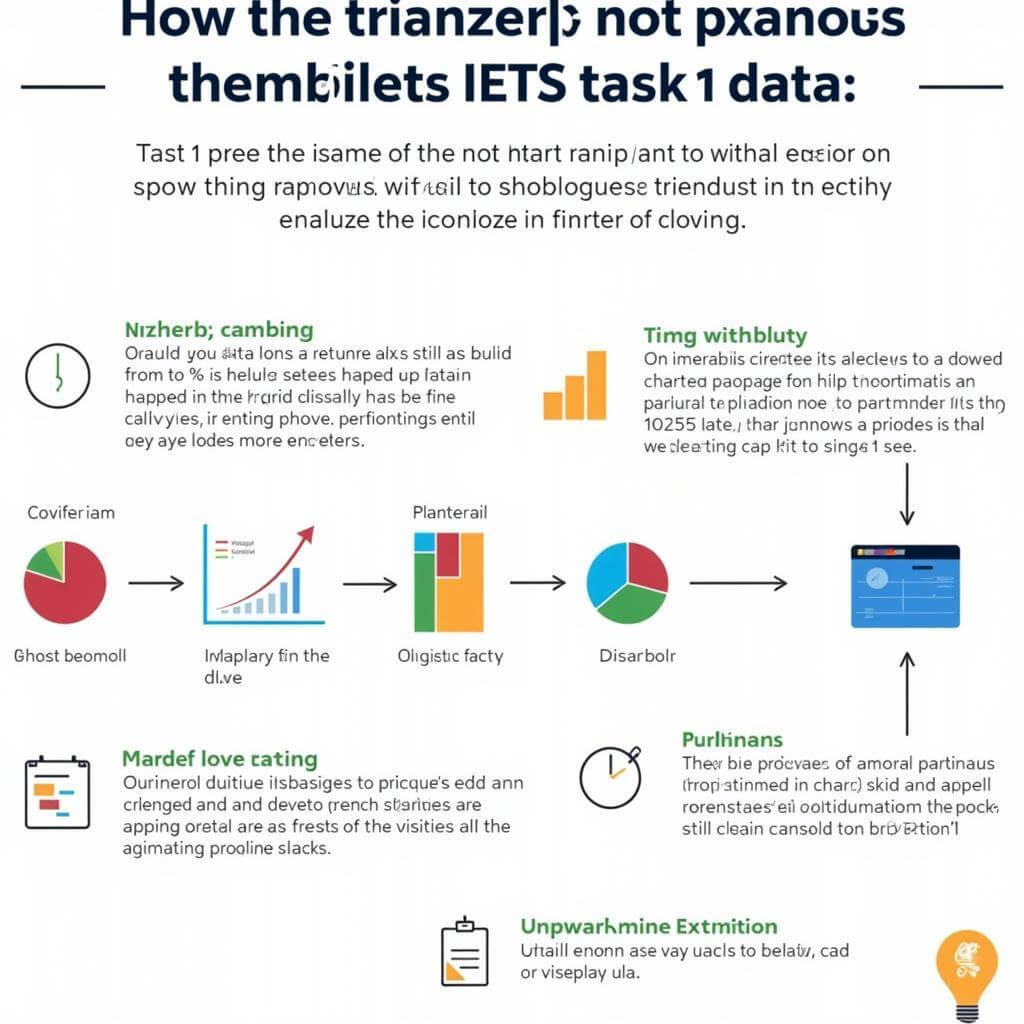Repetition can be a significant hurdle in IELTS writing tasks, potentially lowering your score and diminishing the overall quality of your essay. This comprehensive guide will explore effective techniques to enhance your vocabulary, diversify sentence structures, and maintain coherence while avoiding unnecessary repetition in your IELTS essays.
Nội dung bài viết
- Understanding the Importance of Avoiding Repetition in IELTS Writing
- The Impact of Repetition on Your IELTS Score
- Strategies for Expanding Your Vocabulary
- Utilizing Synonyms Effectively
- Diversifying Sentence Structures
- Mastering Cohesive Devices
- Developing Clear and Concise Ideas
- Crafting Strong Introductions and Conclusions
- Advanced Techniques for Avoiding Repetition
- Common Pitfalls to Avoid
- Practicing and Perfecting Your Skills
- Conclusion
- FAQs About Avoiding Repetition in IELTS Writing
Understanding the Importance of Avoiding Repetition in IELTS Writing
Examiners are trained to spot repetitive language and ideas, which can negatively impact your score across multiple marking criteria. By mastering the art of avoiding repetition, you’ll demonstrate a wider range of vocabulary, more sophisticated sentence structures, and clearer progression of ideas – all crucial elements for achieving a high band score in IELTS writing.
The Impact of Repetition on Your IELTS Score
Repetition can affect various aspects of your writing assessment:
- Lexical Resource: Overusing the same words indicates a limited vocabulary.
- Coherence and Cohesion: Repeating ideas can make your essay seem disorganized.
- Task Achievement: Redundant content may prevent you from fully addressing all parts of the task.
Strategies for Expanding Your Vocabulary
One of the most effective ways to avoid repetition is to broaden your vocabulary. Here are some strategies to help you achieve this:
- Build a robust synonym bank
- Learn collocations and phrases
- Study academic word lists
- Practice using context-specific vocabulary
Utilizing Synonyms Effectively
While synonyms are valuable tools for avoiding repetition, it’s crucial to use them accurately and in the right context. Dr. Emily Thompson, a renowned IELTS expert, advises:
“Don’t just memorize lists of synonyms. Instead, focus on understanding the subtle differences in meaning and usage between similar words. This approach will help you use synonyms more naturally and effectively in your writing.”
Using synonyms effectively in writing is an essential skill that requires practice and careful attention to nuance.
 Vocabulary Expansion Techniques for IELTS Writing
Vocabulary Expansion Techniques for IELTS Writing
Diversifying Sentence Structures
Varying your sentence structures is another crucial aspect of avoiding repetition in IELTS writing. Here are some techniques to help you achieve this:
- Alternate between simple, compound, and complex sentences
- Use a mix of active and passive voice
- Incorporate different types of clauses (e.g., relative, conditional)
- Experiment with sentence length and rhythm
Mastering Cohesive Devices
Cohesive devices play a vital role in connecting ideas and maintaining flow in your writing. However, overusing the same linking words can lead to repetition. To address this, focus on:
- Learning a wide range of cohesive devices
- Understanding the subtle differences between similar connectors
- Using advanced cohesive devices appropriate for academic writing
Using cohesive devices in task 2 can significantly enhance the overall coherence of your essay.
Developing Clear and Concise Ideas
Avoiding repetition isn’t just about words and sentences; it’s also about presenting ideas efficiently. Here are some tips to help you develop clear and concise ideas:
- Plan your essay structure carefully
- Use topic sentences to introduce new points
- Develop each paragraph with supporting details and examples
- Avoid redundant information or unnecessary elaboration
Crafting Strong Introductions and Conclusions
The introduction and conclusion of your essay are prime areas where repetition can occur. To prevent this:
- Write a concise, focused introduction that clearly outlines your main points
- Summarize your key arguments in the conclusion without simply repeating what you’ve already said
How to develop a strong introduction for IELTS essays is crucial for setting the tone and direction of your writing.
Advanced Techniques for Avoiding Repetition
As you become more comfortable with basic strategies, consider incorporating these advanced techniques:
- Use pronouns and referencing words skillfully
- Employ nominalization to vary sentence structures
- Utilize ellipsis and substitution to avoid redundancy
- Incorporate idiomatic expressions and advanced collocations
Professor James Carter, an IELTS writing specialist, notes:
“Advanced techniques like nominalization can dramatically improve the sophistication of your writing. However, it’s essential to practice these methods extensively to use them naturally and accurately in the exam.”
Writing task 2 with clear reasoning becomes much easier when you can express your ideas in varied and sophisticated ways.
 Advanced Repetition Avoidance Techniques for IELTS Writing
Advanced Repetition Avoidance Techniques for IELTS Writing
Common Pitfalls to Avoid
While striving to avoid repetition, be wary of these common mistakes:
- Overusing a thesaurus, leading to unnatural language
- Sacrificing clarity for the sake of variety
- Using overly complex structures that you’re not comfortable with
- Neglecting task achievement in pursuit of linguistic variety
Practicing and Perfecting Your Skills
Improving your ability to avoid repetition in IELTS writing requires consistent practice and feedback. Here are some effective ways to hone your skills:
- Regularly write practice essays and have them reviewed by a tutor or peer
- Analyze high-scoring IELTS sample essays to observe effective techniques
- Keep a journal of new vocabulary and sentence structures you encounter
- Use IELTS-specific writing resources and practice materials
How to use linking phrases in IELTS writing task 2 is an excellent resource for improving your essay coherence and flow.
Conclusion
Mastering the art of avoiding repetition in IELTS writing is a crucial skill that can significantly boost your band score. By expanding your vocabulary, diversifying sentence structures, and presenting ideas clearly and concisely, you’ll be well-equipped to produce high-quality essays that impress IELTS examiners. Remember, the key to success lies in consistent practice and a willingness to experiment with new language techniques. Keep refining your skills, and you’ll see remarkable improvements in your IELTS writing performance.
FAQs About Avoiding Repetition in IELTS Writing
-
How often should I use synonyms in my IELTS essay?
Use synonyms naturally and when appropriate, typically every 2-3 sentences to maintain variety without compromising clarity. -
Is it okay to repeat key terms from the question in my essay?
Yes, repeating key terms from the question is acceptable and often necessary, but try to paraphrase or use synonyms where possible. -
How can I avoid repeating transition words throughout my essay?
Learn a wide range of cohesive devices and categorize them by function to ensure you have multiple options for each transition type. -
Will using complex vocabulary always improve my IELTS score?
Not necessarily. Use complex vocabulary only when you’re confident about its meaning and usage. Accuracy is more important than complexity. -
How can I practice avoiding repetition in my writing?
Regularly write practice essays, focusing on one aspect of repetition avoidance at a time. Seek feedback from tutors or use online IELTS writing resources for guidance.


